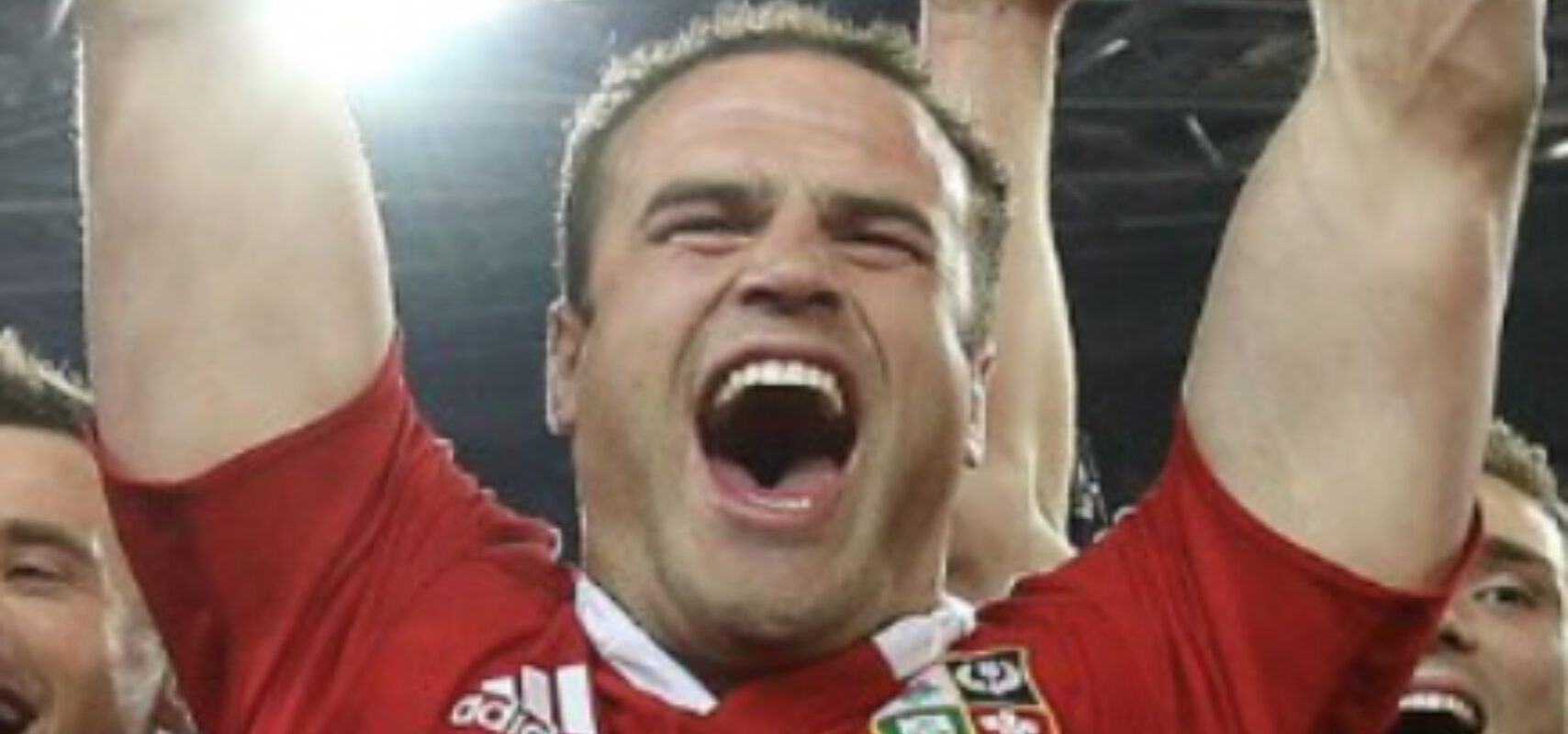Welsh rugby legend, Jamie Roberts, has experienced the highs of winning and the lows of losing at the elite level of sport. The margins can be very small, but to swing the balance in your favour, Jamie discusses the importance of understanding an individual’s motivations, the difference between losing and failing, and what leaders can learn from his experience.
Identifying individual motivations and tailoring the feedback
In the course of my career, I’ve played at eight clubs, in different countries and for the Barbarians, Wales and the Lions. When you move clubs or switch to international duties, you experience different styles of play and management. For example, at Harlequins, you play the Harlequins way – they want to play fast and they want to run with the ball. Whereas with Wales, it was much more industrious and risk-averse. It really tested me. But while the styles may have differed, coaches always developed an understanding of individual’s unique motivations – it was a consistent and critical approach to understand what made them tick.
I remember sometimes times I’d arrive at training after a decent individual performance at the weekend – maybe I’d scored a try or even won Man of the Match. I’d be standing seven feet tall, and secretly hoping I’d feature heavily in the game review. Perhaps a little boost to the ego. Often I’d get nothing, nada! Conversely, some players who maybe hadn’t played as well, would feature heavily for the good things they did. I remember Shaun Edwards telling me later in my career that the coaching team would often refrain from praising me in front of the group. They felt I performed better when I had a point to prove. They never wanted me in my comfort zone.
It really motivated me, and they did it because the coaches understood players’ different personality types. Regardless of skills, regardless of the game plan, it’s about motivating individual people. Identifying what triggers individual players to perform at their best, to give that extra 5 or 10% – because ultimately, that’s all that matters and is the difference between winning and losing. Getting the last yard of ‘discretionary effort’ is what really distinguishes great management.
The same thing happened after the 2009 Lions tour. I was player of the tournament, the series made me as a player, I got more media attention, more sponsorship – I was on cloud nine. But in one of the first training sessions of the following 6 Nations, Warren Gatland called me out in front of all the lads and said “Jamie, just want to make sure this week you’re going to focus on being a rugby player, not trying to be famous” It was awkward. I went bright red and the lads had a field day.
In retrospect, Gats was thinking: “How do I motivate this guy now, week in, week out, when he’s clearly been right at the top of his game? How do I get him to feel like he’s still got a point to prove?” Critically he knew me inside out and what made me tick (as he did with every other member of his squad). As a result, he knew exactly what he had to do to keep me motivated and at the top of my game. It really worked, it really got me fired up.

There’s a big difference between failing and losing
In 2012 Wales won the Grand Slam, it was amazing. Then we lost the next eight games on the bounce and we went from being the best Welsh team to the worst in the space of a few months.
But the margin between winning and losing is so small in test rugby, as it can be in winning the next deal, so it’s key that you have a defined process and stick to it. If you do, the tide will turn and you’ll be rewarded for all your hard work. There are so many external factors that influence the outcome – in rugby: the ref, how you slept the night before, how you trained, what you ate, but if you streamline your preparation and drive consistency in it, then you can have real trust that the process will deliver a performance you can be proud of.
That’s key, because there’s a big difference between failing and losing; I talk about this a lot in presentations to big organisations. Losing is being fully prepared, and sticking to your process in preparation, in training, in fitness, in motivation, in the game. Then the luck of the bounce, or a finely judged decision, or even a better opposition means you didn’t fail. You lost.
If you didn’t train well, you didn’t prepare, didn’t stick to the process, you haven’t put yourself in the best position to win (or sometimes even compete). That’s failure, and that’s unacceptable. So, think when you’re not winning, is it because you’re failing? If you’re losing, trust the process. Go back to it. Trust your team, trust your game plan and soon the tide will turn.
Critically, the earlier you identify the difference between whether you are failing or you are losing, the earlier you’ll become better prepared and much more likely to swing the balance in your favour next time round.
Join us again soon for more insights from Jamie. Next time we’ll be discussing teamwork.

